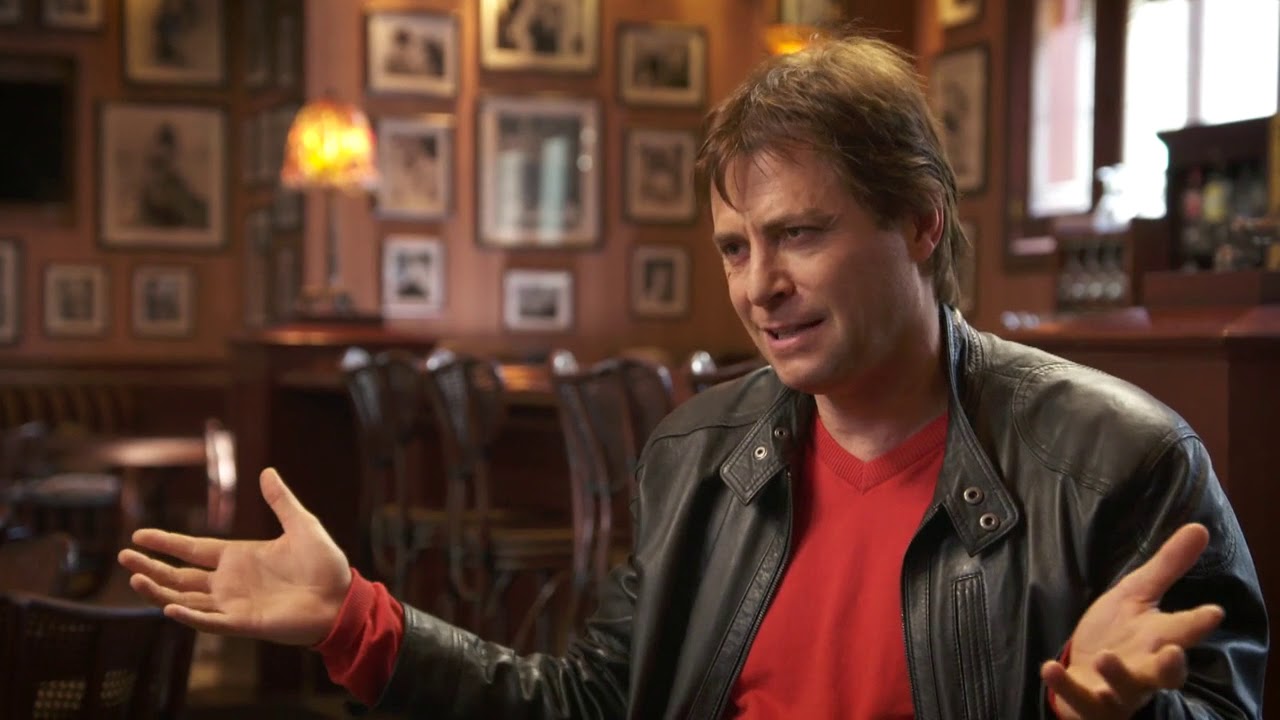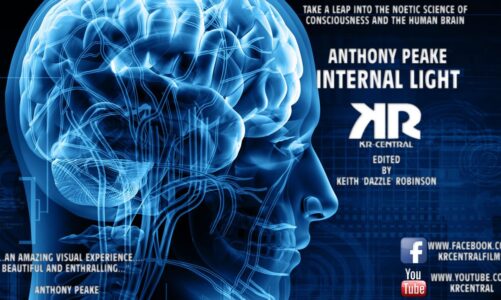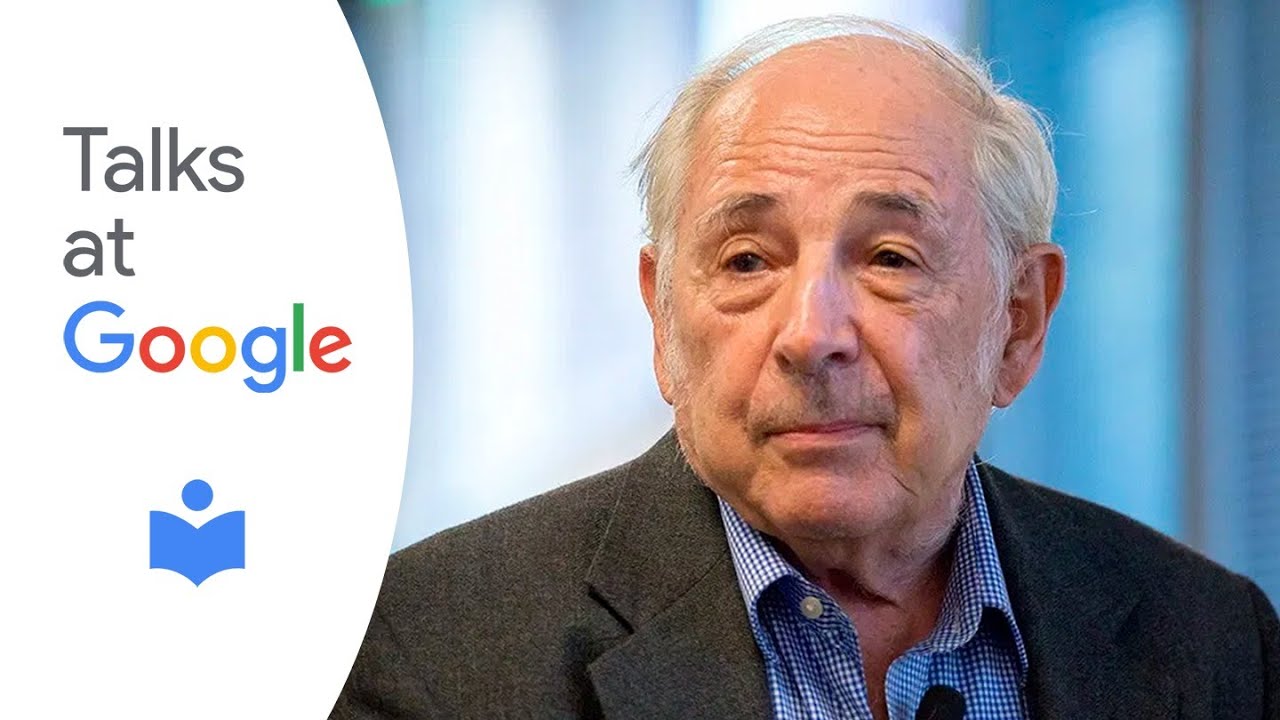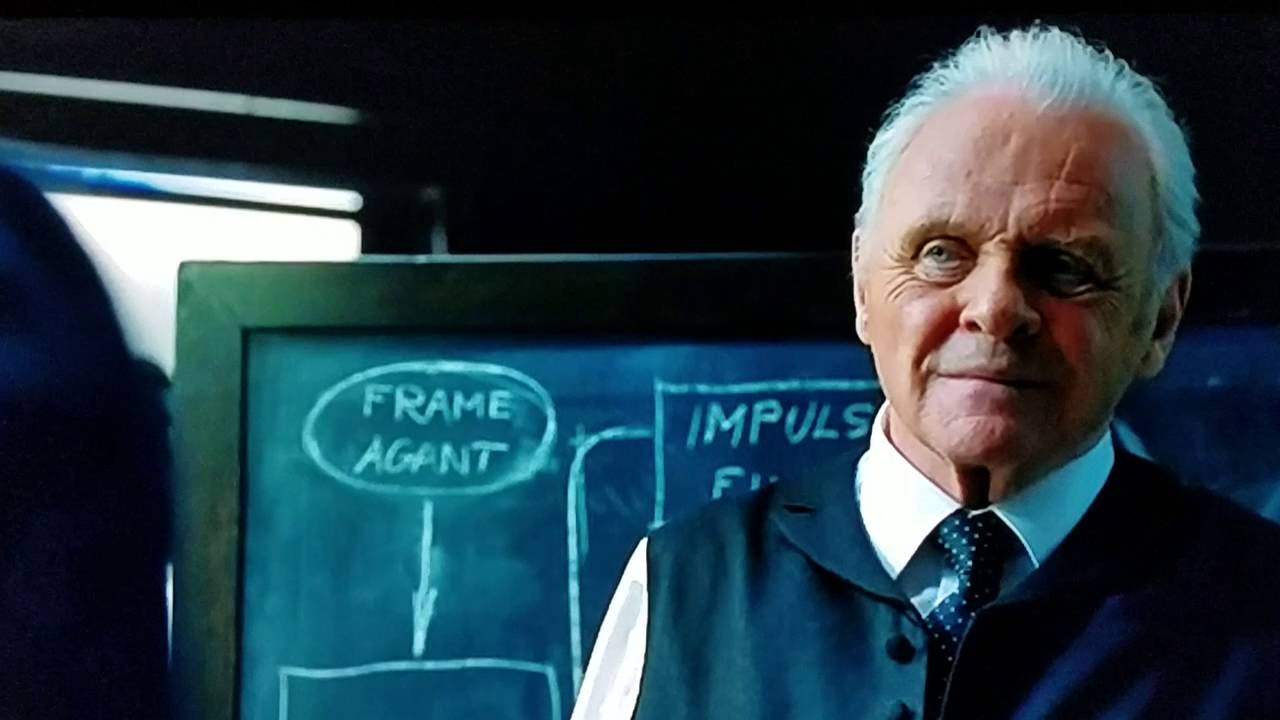Closer To Truth – Physics of the Observer
Does the concept of observation have deep relevance in fundamental physics? What about in quantum physics where some kind of observation seems to be needed to transform “wave function” probabilities into actual events?
Click here to watch more interviews with Max Tegmark http://bit.ly/2ypBMc2
Click here to visit our website http://bit.ly/2xUAZgc
Click here to visit our main channel http://bit.ly/2xhIJXG
Click here to watch more interviews on the physics of the observer http://bit.ly/2xhCcfQ
Source




This video takes us further from truth.
Does anyone else find it funny that most the people commenting seem to have come to a conclusion on the subject?
MIT should hire better people.
When there are no conscious observers, Max Tegelmark rides a bike loudly bursting hard rock and sniffs cocain. But I like this guy nevertheless.
Maybe Quantum Physics is simply time variant ?
Max Tegmark seems to flirt with the Wheeler school. But he can't push himself to jump onto it.
painfull to watch 6:15
Max got muddled explaining the role of an observer in QM. In any explanation of reality observer also need to be explained as part of the reality.
At 3:37 the host definitively explains what the term observer represents and the other guy is too wrapped up in what he feels and believes regarding how consciousness should fit in the discussion that he completely misrepresents the theory. This discussion is pointless.
That was awesome
Max Tegmark, giving nauseating stereotypical answers that are straight out of any Quantum book from the 70's.
If I want Soundbites, I'd listen to the mildly more digestable Degrasse-Tyson
The Universe only BECOMES 13.8 billion years of when the OBSERVER , such as we are, arises. So , the universe was NEVER observed to be 13.1 billion years old
and therefore, IT NEVER WAS.
The word "conscious" is an adjective, describing the state of a person. In daily life we get by when we use the term and we all seem to know whether we are conscious of something or not. No mystery there. However when we turn it into a noun, "consciousness" we reify the term that is to say treat it (consciousness) as a object, a thing, that now takes on the appearance of having some sort of mysterious existence independent of the person or being it was originally used describe. It is 'the hard problem' simply because we have removed our selves from it and now embark in a fruitless search to recover it. This of course cannot be done. Seems to be the problem is with grammar and syntax.
If you need A and B in order to cause C, then you can explain C by referring to A and B and their interactions,
OR you can forget about the interaction details, lump A and B into a “combined object”, and invoke a “top-down” causality.
“Top-down causality” is so alluring if you do not have full details of what is occurring at the low levels…
Love how Max ADMITS that he’s just playing semantics, at the very end. He violated the scientific method when he (also) admitted that the conclusions are dependent on how you define ‘observer’. THAT is the hallmark of a BAD theory (in that it is vague and cannot be disproven). Sorry Max, you should have stuck with straight decoherence. Adding a ghost in the machine NEVER works. Max needs a refresher on the nature of the scientific method:
https://youtu.be/0KmimDq4cSU
Seems like they were both talking about different things and couldn't come to an understanding of what the question is
Here's the answer to that:Professor Andrew Truscott has proven with the delayed choice experiment that one's observation can behave retroactively.
Robert Lawrence Kuhn is my hero
Information is ontological
And God is the consciousness that we are looking for…we simply don't know how to describe God…and we are looking at God's particles but not able to see God's consciousness…yet.